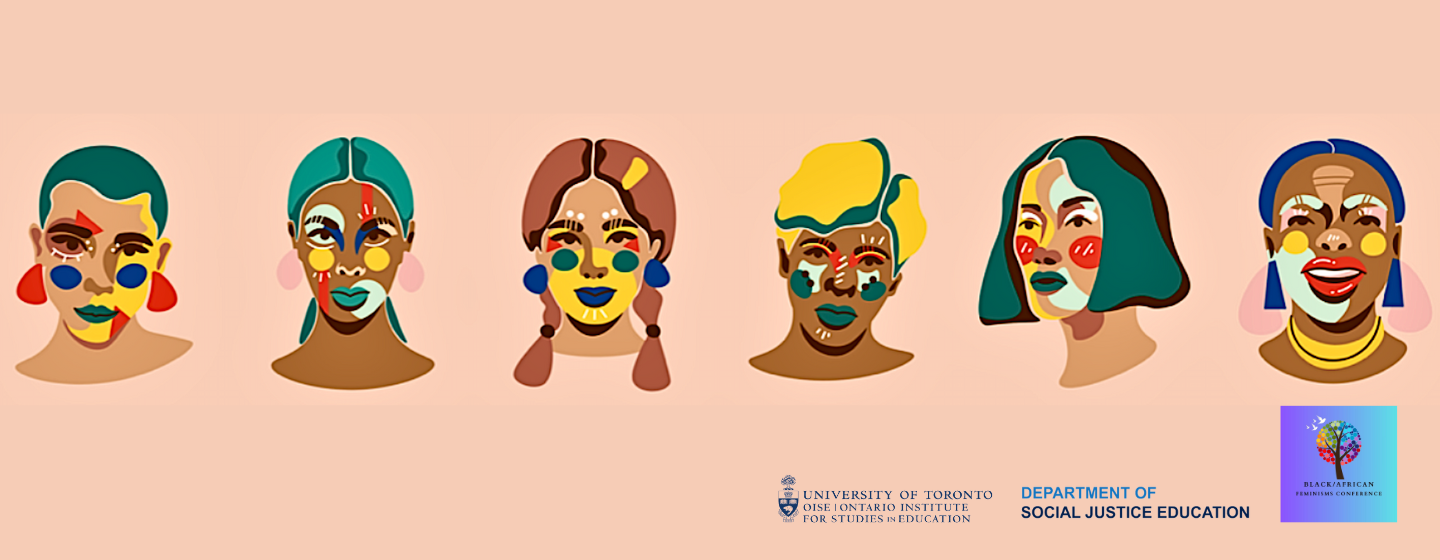About The Black/African Feminisms Conference
The Black/ African Feminisms Conference on the 19th (virtual) and 20th (in-person) of April 2024, is an invitation to interact with a community of presenters, panelists and conference attendees to explore the multitude of perspectives on the topic. Blackness is not a monolith. Within the Canadian context, Black Canadians represent a range of people of African descent from the continent and the diaspora. The goal of the conference is to create space to share and discuss these complexities and commonalities. It is the brainchild of Dr. Njoki Wane, a celebrated and renowned scholar, whose work focuses on gender, colonialism, anti-colonialism, Black Feminisms, Indigenous knowledge practices, spirituality, African immigrant women in Canada and anti-racism education. As the chair of the Department of Social Justice Education at the Ontario Institute for Studies in Education (OISE), University of Toronto, Dr. Wane’s contributions to the field offer opportunities for dialogue and inquiry into Black identity.
The overarching theme of the conference is “Black/African Health and Well-Being.” Other themes that will be explored include, but not limited to, conceptualizing Black/African health, healing spaces, spirituality, empowerment, self-care, peacebuilding, reconciliation, intergenerational health and wisdom, and emotional well-being. According to Wane (2014), it is evident that there is no universal Black experience; however, there is a call for concerted efforts to forge intellectual and cultural linkages rooted in our common origins.
Black Feminisms are therefore the convergence point where our past, present and future voices, our struggles and triumphs and holistic stories can be told, celebrated and handed over to future generations (Wane, 2014). This is a clarion call for all of us Black Feminists scattered across the globe to come together and form a powerful circle that will “collapse all screens that threaten to obscure our eyes from the beauties of the world" (Ogundipe-Leslie & Ourselves, 1994; Wane, 2014).
Keynote Speakers
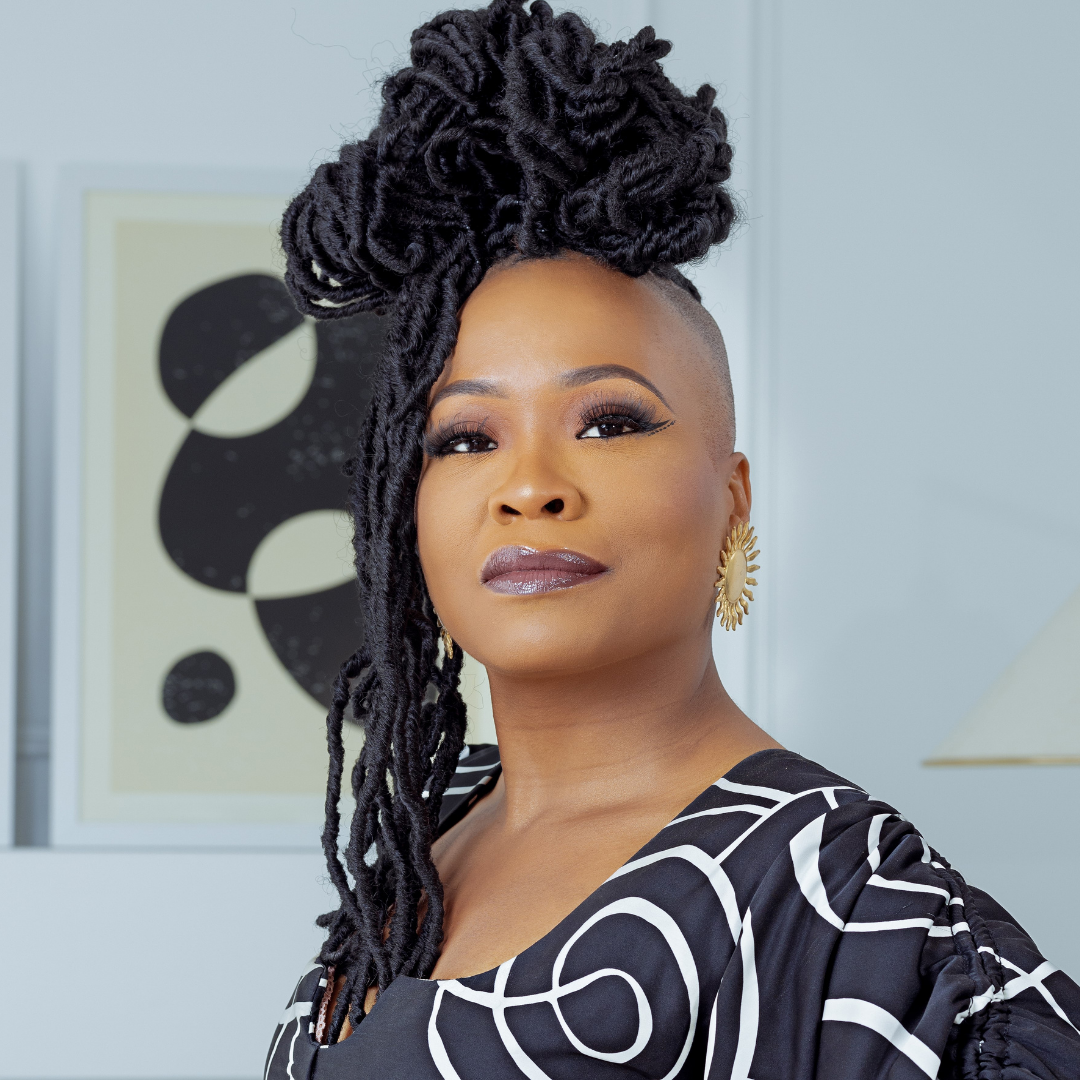
Founding Cultural Director | SACCAE Studio

Co-Founder | Zambian Women's History Museum
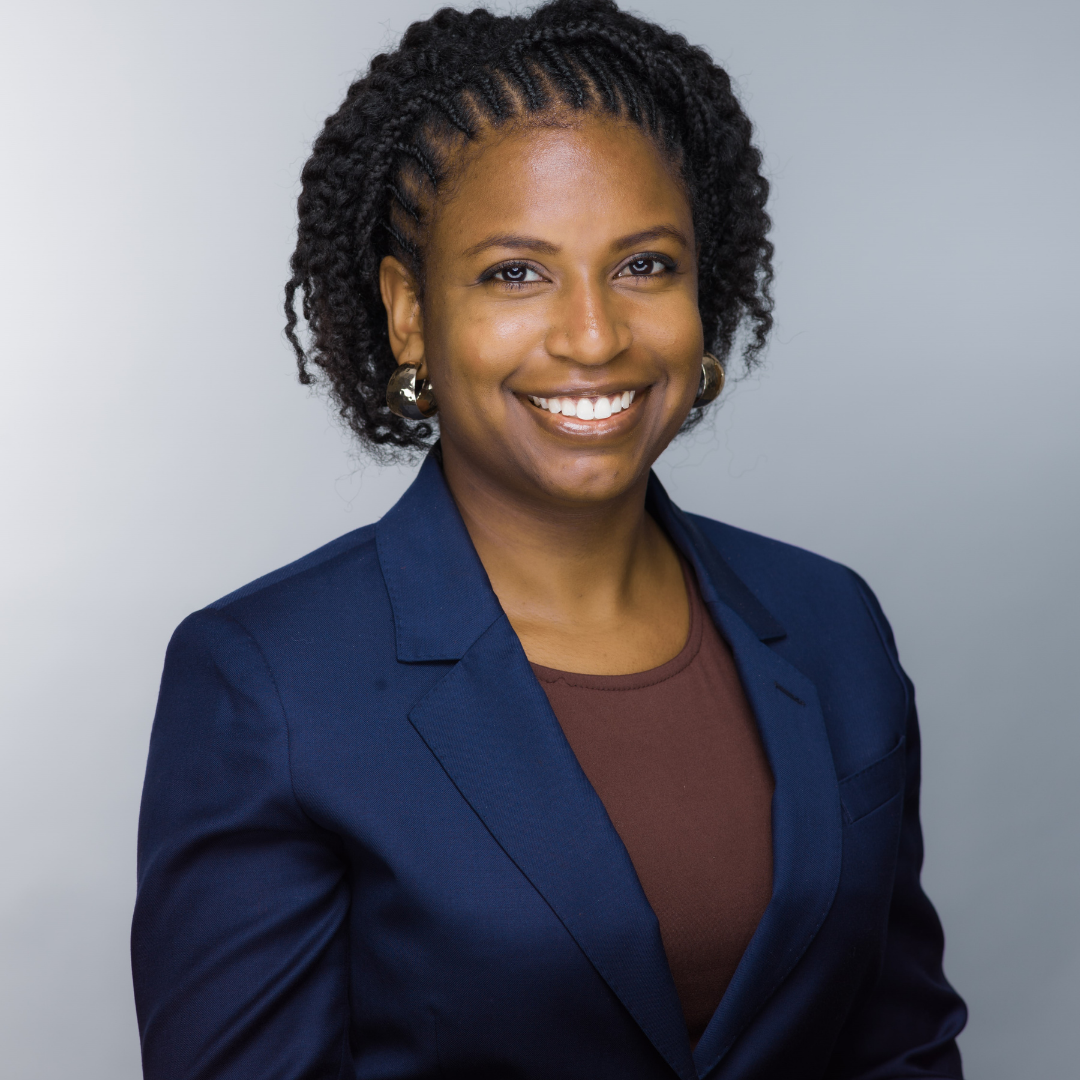
Assistant Professor | Toronto Metropolitan University
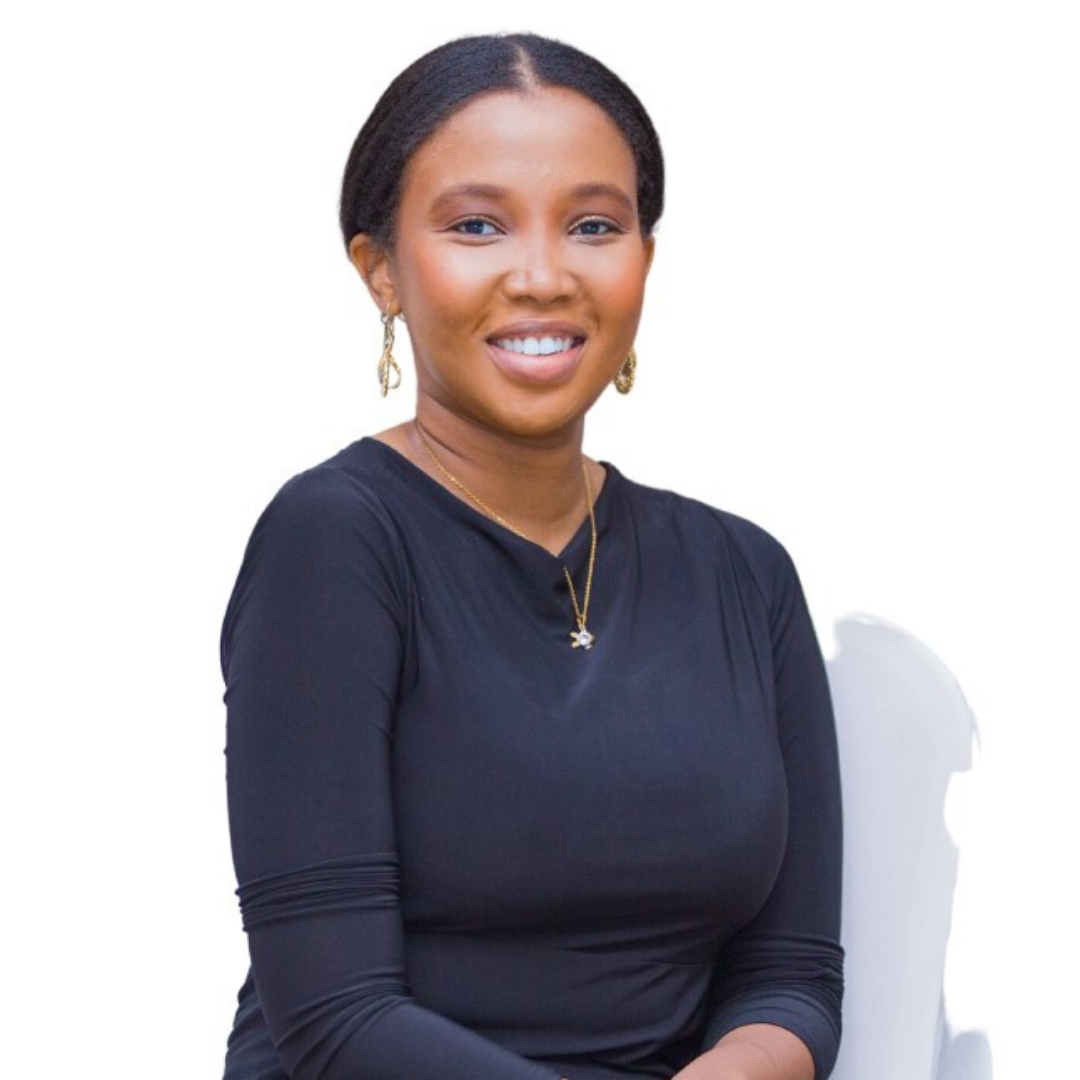
Community Activist | South Africa

Co-Founder | Learning Action Alliance for Girls Agency
Event Schedule

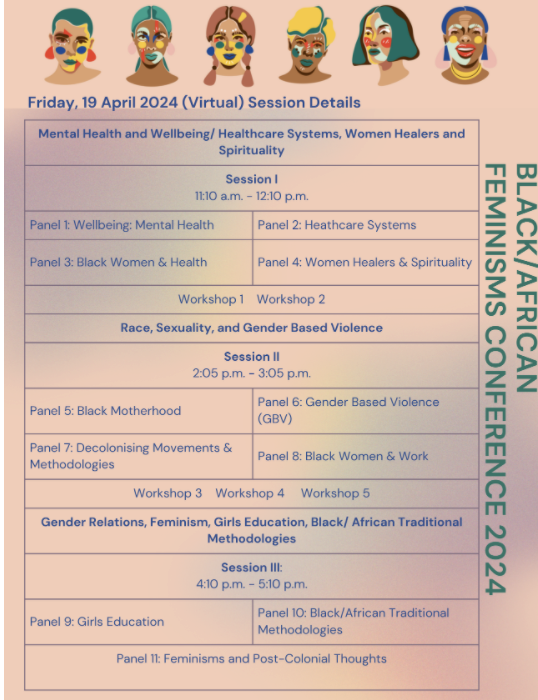
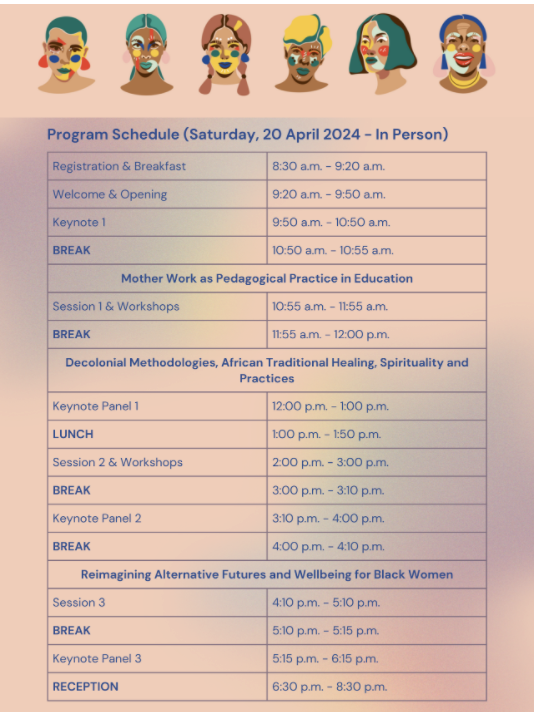
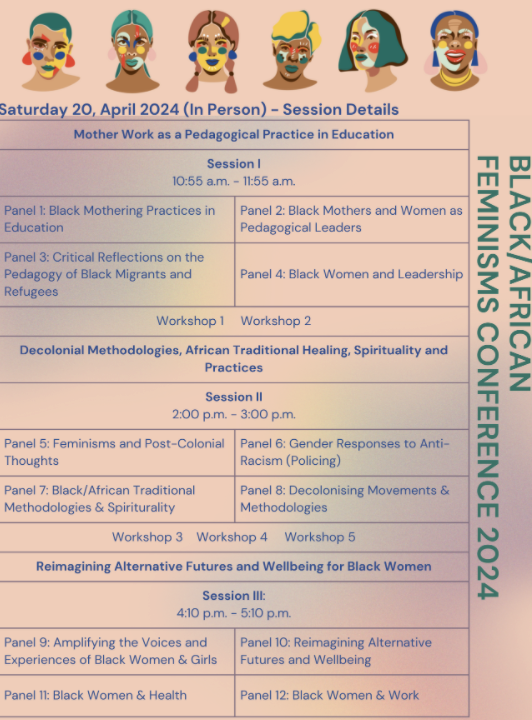
Registration
Registration link: https://oise.jotform.com/240735610024041
You must register to participate or present at this conference. Only registered attendees can access any virtual conference platforms (i.e. Zoom links).
Visit this link for the full conference program:
